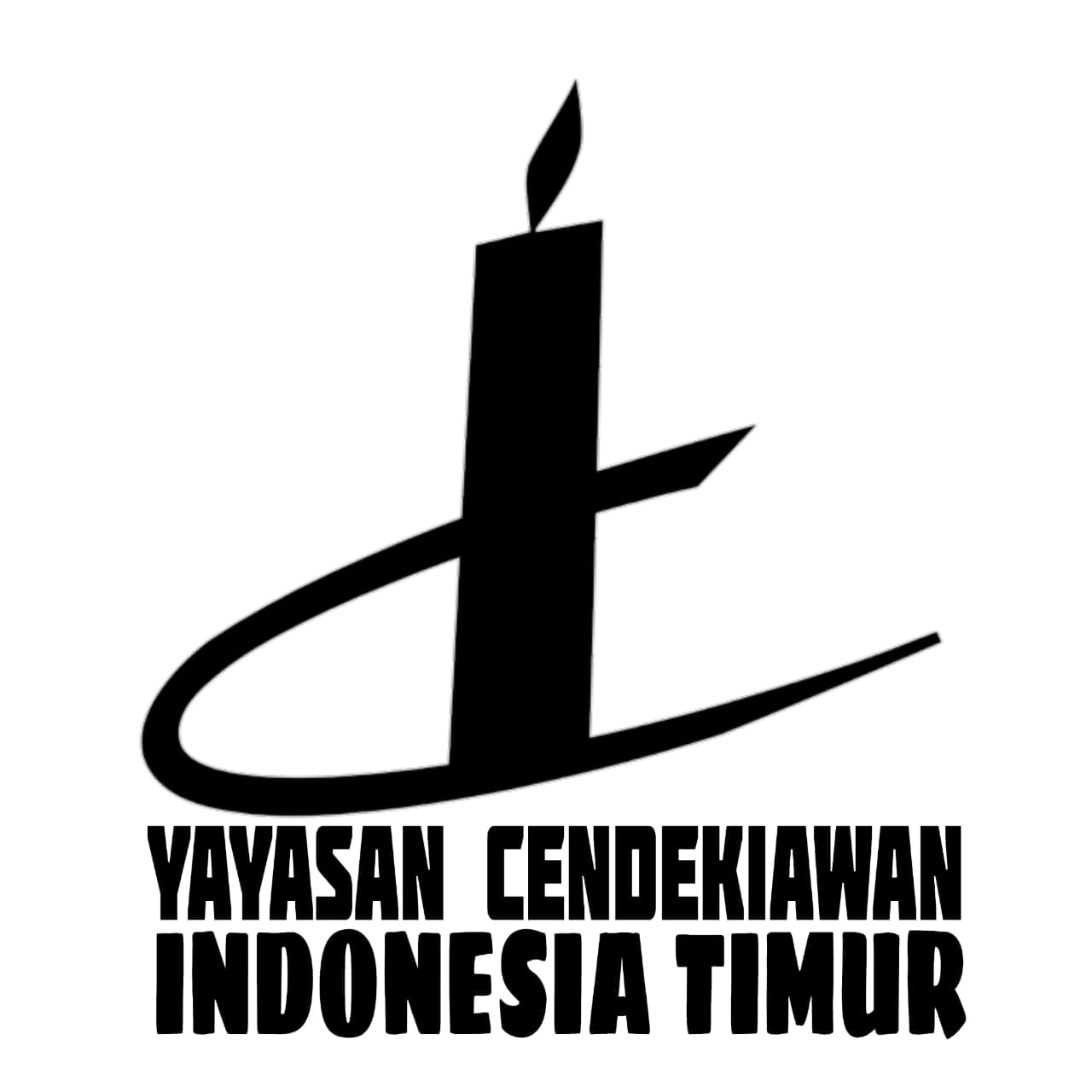Publication Ethics
The Journal of Teaching and Education for Scholars (JOTES) is committed to upholding the highest standards of ethics in manuscript publication. The ethical principles outlined here apply to all parties involved in the publication process, including authors, editors, reviewers, and journal managers.
1. Ethics for Authors
- Accurate Reporting: Authors must present their research process and results honestly, clearly, and accurately, without fabrication, falsification, or inappropriate data manipulation. All data must be stored properly for potential verification.
- Originality: Manuscripts submitted to JOTES must be original and not under review or published in any other media, in any language. In cases of duplicate submission or publication, the article will be removed.
- Proper Citation: Authors must ensure that all sources used are cited clearly and completely. Plagiarism or failure to acknowledge sources is strictly prohibited.
- Responsibility: Authors are fully responsible for the content of their manuscripts, including methods, analysis, and findings. They must respond promptly and transparently to inquiries from editors or reviewers.
- Authorship: All contributors listed as authors must have made significant contributions to the manuscript. Any changes to the authorship (additions, removals, or rearrangements) must be approved by all authors.
- Timeliness: Authors are expected to revise and submit their manuscripts promptly to ensure timely publication. Delays in submission may result in postponed publication.
- Conflict of Interest: Authors must disclose any potential conflicts of interest and respect the copyrights and privacy of others.
2. Ethics for Editors
- Neutrality: Editors must be impartial in the selection and review of manuscripts, ensuring fairness without discrimination based on gender, ethnicity, religion, nationality, or any other personal characteristics.
- Transparent Reporting: Editors must provide clear and accurate feedback to authors regarding the manuscript review process and ensure adherence to publication standards.
- Effective Communication: Editors must communicate clearly and promptly with authors, reviewers, and journal managers, addressing any concerns transparently and professionally.
- Fairness: Manuscripts must be assigned to editorial team members or reviewers based on their expertise to ensure a fair review process.
- Professionalism: Editors must understand and adhere to journal policies and ensure that all submitted manuscripts are properly reviewed and processed objectively.
- Accountability: Editors are responsible for the quality and integrity of the journal's publications and must ensure that all published content meets high scholarly standards.
- Conflict of Interest: Editors must avoid any conflicts of interest and, if they arise, resolve them transparently and fairly.
3. Ethics for Reviewers
- Objectivity: Reviewers must provide impartial, constructive, and objective feedback on manuscripts, focusing on their scientific validity and contribution to the field.
- Professional Conduct: Reviewers should assess manuscripts critically and professionally, maintaining confidentiality and refraining from personal use of unpublished materials. Manuscripts outside their area of expertise should be declined.
- Quality Assurance: Reviewers assist editors in improving the quality of submitted manuscripts by providing detailed, substantive feedback, focusing on the originality, novelty, and scientific rigor of the research.
- Timeliness: Reviewers must complete reviews promptly. If additional time is required, they should inform the editor in advance.
- Conflict of Interest: Reviewers must disclose any conflicts of interest and withdraw from the review process if such conflicts compromise their objectivity.
4. Ethics for Journal Management
- Decision-Making: Journal managers are responsible for setting the vision, mission, and goals of the journal, ensuring decisions are based on the recommendations of reviewers and the editorial board, without conflicts of interest.
- Independence: Journal managers must respect the independence of editors and reviewers, fostering a collaborative and respectful working environment to protect intellectual property rights.
These ethical guidelines are intended to maintain the integrity and credibility of the Journal of Teaching and Education for Scholars (JOTES) and to ensure a fair and transparent publication process.





